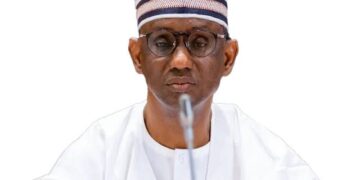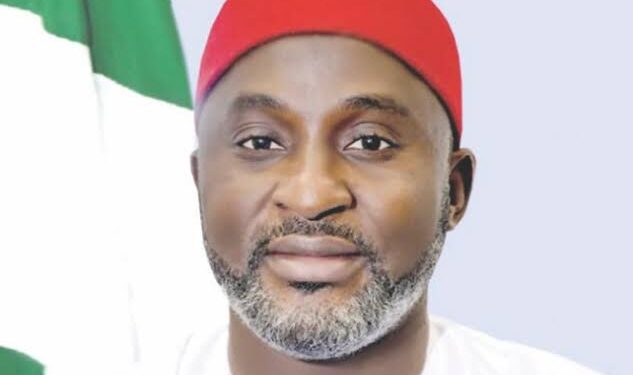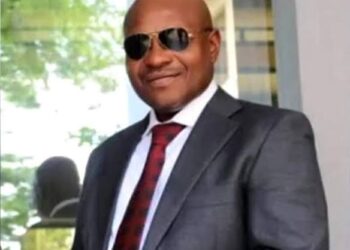A bold new bill has made its way into Nigeria’s House of Representatives, seeking to bar public officials and civil servants as well as their families, from using private schools and healthcare services.
The bill, which passed first reading on Tuesday, is being championed by Hon. Amobi Ogah, who represents the Isuikwuato/Umunneochi Federal Constituency of Abia State.
Ogah argues that the growing dependence of government officials on private and foreign institutions had significantly contributed to the decay of public facilities across the country.
Speaking to journalists after plenary, Ogah explained that the proposed legislation was designed to restore credibility and functionality to public institutions by compelling their biggest beneficiaries those in public office to rely on them.
“This bill intends to prohibit all public and civil servants, including their immediate family members, from patronising private schools and health care services in order to avoid conflict of interest, maintain public trust and ensure high, uncompromised standards and integrity of these public institutions,” he said.
He cited historical examples, noting that Nigeria’s founding leaders were products of public education, a standard that once set the foundation for national development.
“Before Nigeria attained independence… our foremost statesmen all had their education in government schools,” Ogah said.
“Sir Ahmadu Bello attended Sokoto Provincial School, Nnamdi Azikiwe went to Holy Trinity College and Christ Church School in Onitsha, while Chief Obafemi Awolowo and Alhaji Tafawa Balewa were also trained in government institutions.”
Ogah lamented the billions of naira and foreign currency spent annually on what he described as “medical and educational tourism” by Nigerian elites.
According to him, during the eight-year administration of the late President Muhammadu Buhari, Nigerians spent $29.29 billion on overseas medical treatment.
In 2023 alone, Nigeria spent $218.87 million on foreign education, while $38.17 million was spent between January and March 2024.
Meanwhile, the national budget for health in 2024 was pegged at ₦1.336 trillion, an amount Ogah described as insufficient when compared to what leaves the country for private and foreign services.
“Because of the patronage of private schools and health care facilities, our institutions of learning and medical care have become a shadow of themselves, with little or no infrastructural development and fallen standards of services,” he added.
He stressed that the removal of fuel subsidies and the ongoing economic reforms should be matched with equal commitment to reviving public institutions through responsible legislation.
“We must, of necessity, restore confidence in our government institutions… It does not speak well of our country that our presidents and top officials are seen going abroad for treatment and even dying in the process,” Ogah concluded.
The bill, while still in its early stages, is already generating national debate, as it seeks to reshape the relationship between public officials and the very institutions they govern.





































How many civil servants can afford foreign treatment? if public officers who are the political office holders are genuinely stopped from using private facilities, they will have no option than to inject life into the public ones, to make it functional as their health and children’s education would depend on it. But how SINCERE and HONEST would they be ?